Description
Part of the How to Help series of books exploring issues commonly faced by children and young people at home and at school, Effective Study and Learning offers a complete introduction to these critical yet frequently overlooked topics. Many young people exert considerable effort in ‘studying’ but still come away disappointed with the results, particularly when faced with traditional written exams. All too often, they fail to fulfil their potential not because of a lack of hard work, but because they have not mastered the study and learning techniques that are fundamental to success in education and eventually in the workplace. Highlighting why self-knowledge and understanding one’s own learning style and preferences are critical to success, Gavin Reid and Jennie Guise consider the skills and strategies required for effective study and successful learning – and how parents, carers, teachers and schools can help.
Authors
GAVIN REID is a psychologist, consultant and the author of more than thirty books in the field of dyslexia and learning. He lectures worldwide, and he has regular international consultancies. He has sat on government panels, has been engaged in several United Nations funded projects as a learning difficulties expert, and is Chair of the British Dyslexia Association Accreditation Board.
JENNIE GUISE is a psychologist and author. She has worked in research, and now in applied practice as the founder and Director of Dysguise Ltd. Her main interests are in identifying what will help individual learners to progress, and in helping to break down, or work around, the many and various barriers that can affect study and learning. She works collaboratively with educators to apply that knowledge in practical ways.
About the topics
Learners in today’s education system face many challenges. Some relate directly to learning, but others are personal, interpersonal and environmental issues that can prevent the student from functioning effectively in the learning situation. Learning must therefore be viewed from a whole person perspective, and a holistic approach to its planning is necessary.
Modern education focuses heavily on learning content, but seldom does it teach children and young people how to learn – and in particular how to move from surface learning to deep learning. The core topic of this book is therefore ‘learning to learn’ – how to equip young people not only with information on how human beings learn most effectively, but also with the self-knowledge to understand themselves and develop their own techniques and strategies.
Table of Contents
Table of Contents
Series Preface; About the Authors;
Authors’ Preface; How to Use This Book
Part 1: Introduction
- What is learning?; 2. Readiness to learn; 3. The learning environment; 4. The process of learning; Ten key things to know about study and learning
Part 2: Personal and interpersonal issues
- Self-efficacy and self-esteem; 6. Motivation; 7. Stress and anxiety
Part 3: The learning environment
- Barriers to learning; 9. The school ethos; 10. Feedback; 11. Metacognition – Understanding how you learn; 12. Classroom design; 13. Differentiation
Part 4: The learning process
- Time management and organisation; 15. Information gathering; 16. Note taking; 17. Linking new information to prior knowledge; 18. Problem solving skills; 19. Understanding what is being taught; 20. Supporting and improving memory
Part 5: Essay writing, exams & lifelong learning
- Planning and writing a good essay; 22. Exam preparation and test taking practices; 23. Lifelong learning
Part 6: Conclusion and resources
24. Summary; 25. Advice for parents and carers; 26. Advice for teachers; Appendices
Details
ISBN: 9781912755905
Publication: 12th July 2021
Publisher: Pavilion Publishing and Media Ltd

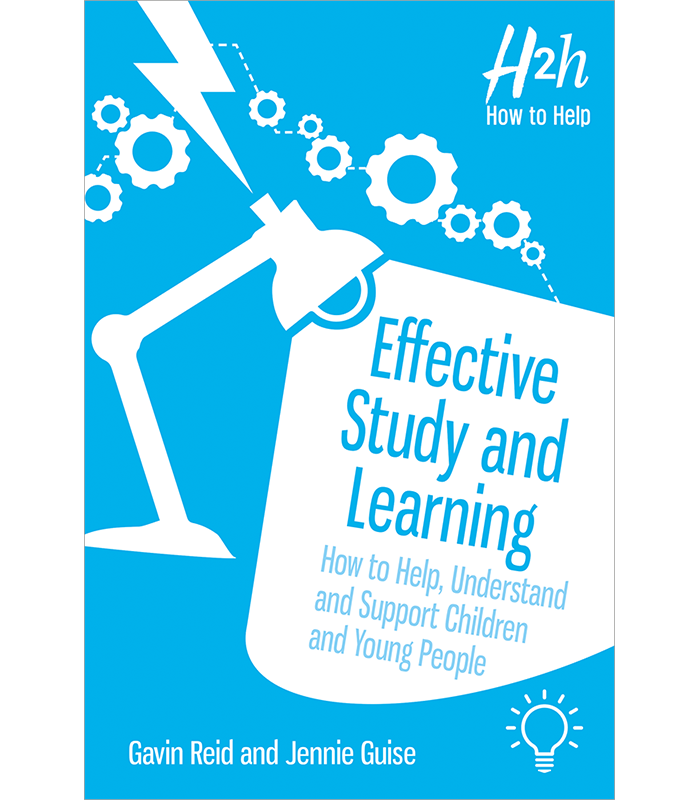
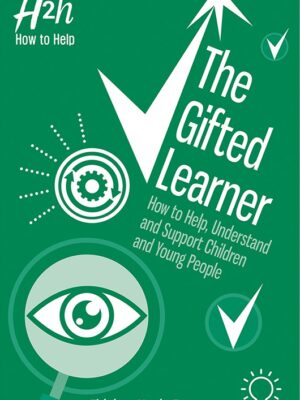
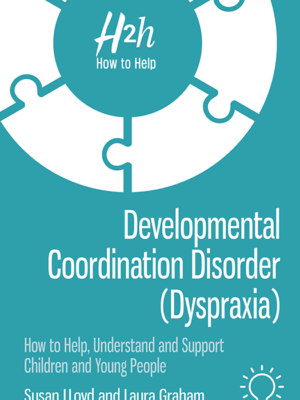
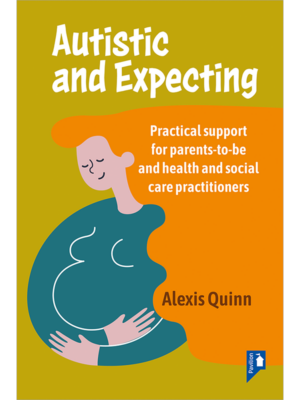
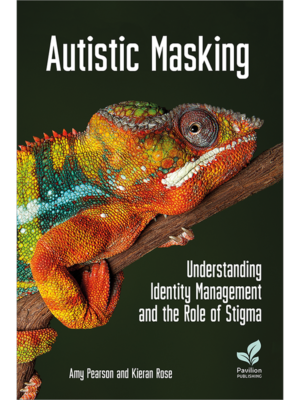
Reviews
There are no reviews yet.